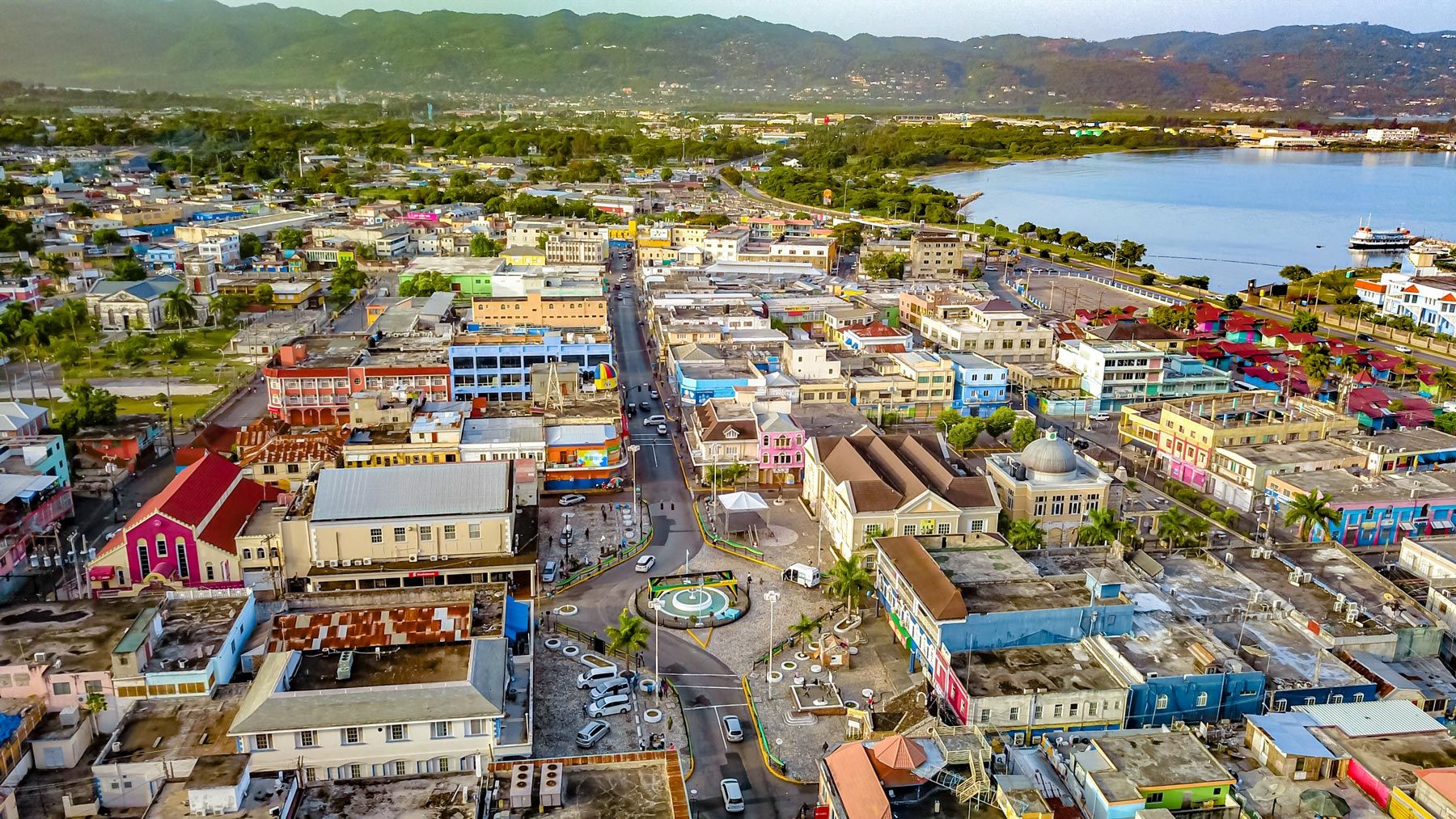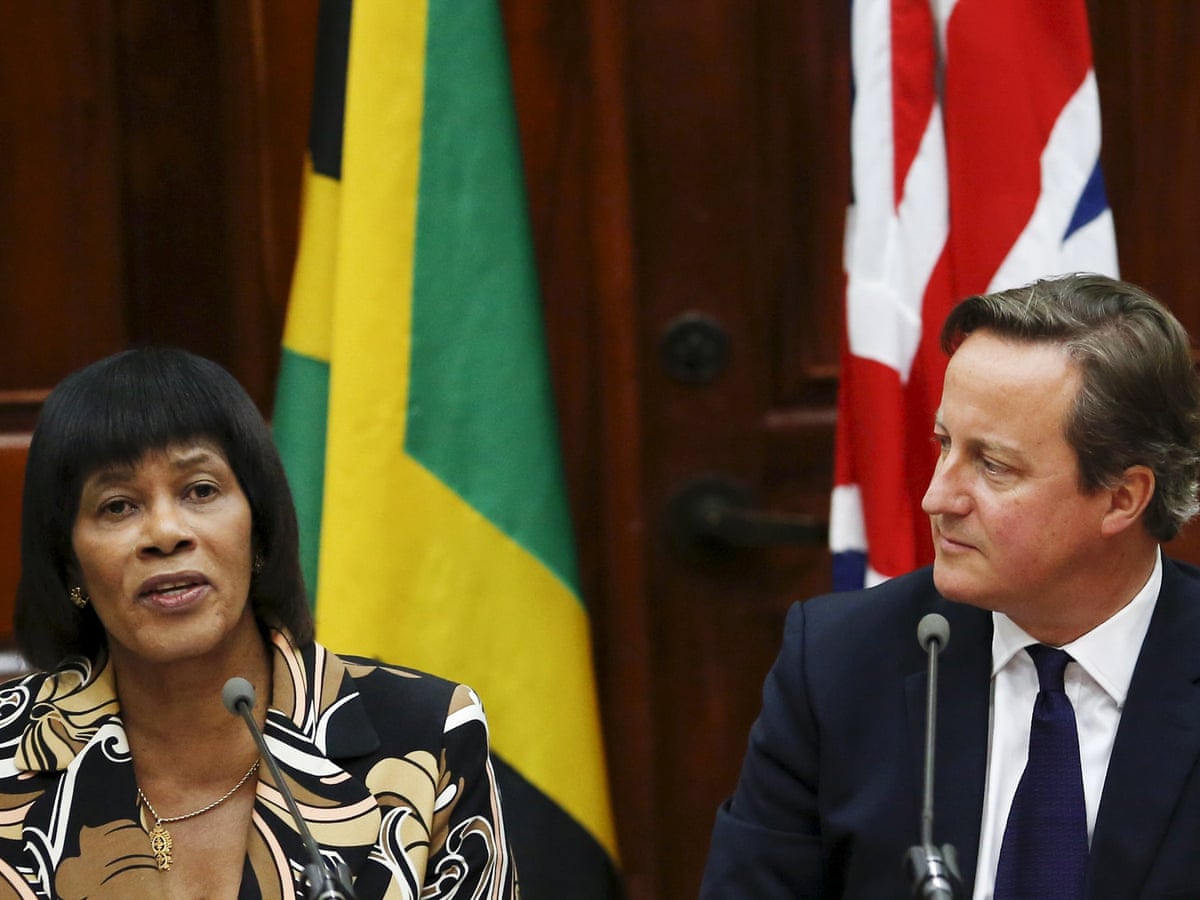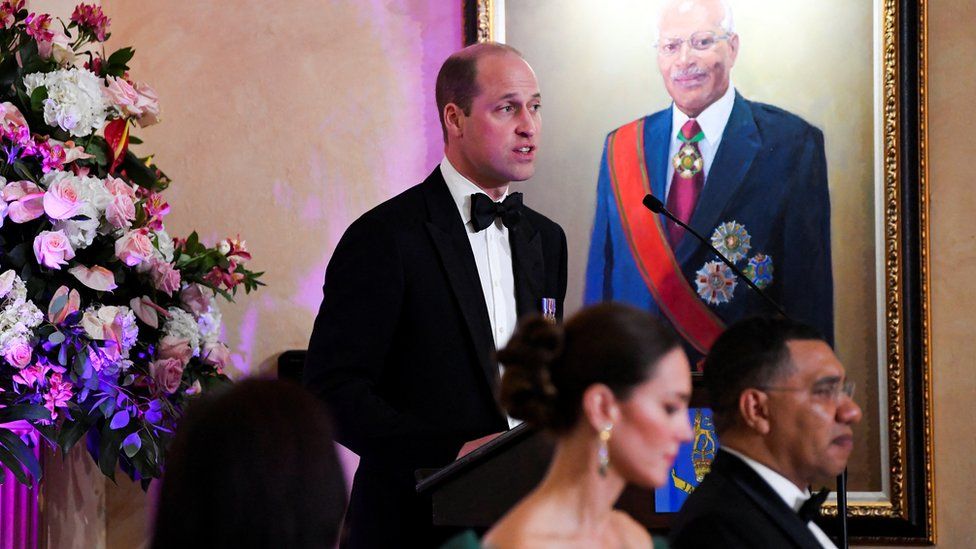British Royals, Reparations and Moving on
No Jamaica without Slavery
This is not a history lesson, so I won't exactly start at the beginning, but the Jamaica we know now would not have existed if European explorers like Columbus and Cromwell did not first conquer. British Rule in Jamaica started in 1655, officially in 1670 with the Madrid Treaty. The Spanish were the first to enslave the original habitants, who eventually died out, and some imported slaves and indentured Africans. If we forget the human rights perspective surrounding slavery, we recognize that the slave trade and plantation societies in Jamaica and the new world at the time had economic origins. It was profitable to ship Africans across the Atlantic and put them to work in the sun, cotton, or sugarcane. In the 17th-century, sugar cane production was an extremely profitable venture mainly due to the sweet tooth of the tea-drinking and cake-eating Brits. After a while, the enslaved people revolted, and maroons emerged and waged their own wars.
After the British Parliament abolished the slave trade in 1807, the profits from sugar started to decline, and with continuous slave revolts, the largest being the Baptist war in 1831 or the Christmas Rebellion led by now National Hero Sam Sharpe, slavery was abolished in 1834 and complete emancipation 4 years later. To compensate the plantation owners for their loss of business, the British government paid out, "In 1833, 40% of its national budget to buy the freedom for all enslaved people in the Empire. Britain borrowed such a large sum of money for the Slavery Abolition Act that it wasn't paid off until 2015.
But why go back this far?
Not legally entitled to Reparations
The Principal argument for Reparations has been that the British government paid wealthy landowners instead of compensating those who were enslaved. From a welfare economics standpoint, those who had property rights were compensated for giving up those property rights, which were later transferred to the formerly enslaved people for their freedom of agency. I understand it slavery was a legal institution that was eventually abolished.
If the actions of the past did not occur, Jamaica as we know it would exist, the food, the culture, norms, values, and spirit of the people. As a people, Jamaicans eventually fought for independence which was granted in 1962. Roughly Sixty years ago
We are responsible for where we are in 2022
Given independence, Jamaicans had the right to self-govern and continuously did so, including the good, the bad, and the ugly. Jamaica has consistently been of the slowest growing countries in the Western Hemisphere. Somehow, this self-governing country has people who believe that the British are still responsible for the country's current state, likened to a dependency syndrome. Jamaica is, in fact, an independent nation that has indisputable and indomitable rights to chart its future. A country that has continuously self-sabotaged itself with political tribalism, violent aggression, corruption, classism, and a short-sighted development outlook.
I find it hard to believe that somehow removing the Queen of England as head of state will make any material changes. Becoming a republic is ascribed more toward National pride and not necessarily creating a new identity. The commonwealth currently has 15 realms or countries with the queen as head state, including three highly developed countries, Canada, Australia, and New Zealand, which after all this time have not seen the need to remove the queen as head of state. So how exactly will Jamaica doing it help the economy and the people tangibly?
Negotiating from a position of weakness vs. a position of strength
I believe that demanding Reparations is attempting to negotiate from a position of weakness. If someone has wronged you and acknowledged that they've wronged you, simply demanding payment may not improve the situation. Back to welfare economics, what is required, in theory, is a Pareto improvement ... when a change in the allocation of goods harms no one and benefits at least one person. But what is being demanded through reparations is that a reallocation is done that improves one party, and the other is meant to make that trade-off (i.e., being made worse off). Fundamentally this is clearly sub-optimal, and in my mind, no amount of guilt-tripping will change the situation.
Who controls the narrative?
Those who seek slavery reparations need to be more strategic in what they ask for what is essentially being demanded in payment for the pain and suffering in the future between two parties who longer exist, and asking descendants to pay recompense or apologize is akin to perpetuating the conflict between the Hatfields and the McCoys in the United States. Countries like Jamaica need former colonizers to help improve our strategic position in the world and attempt to raise the standard of living for each former colony. While I won't state my recommendations here, there should be a way to make amends without getting into our feelings.
Sorry is and sorry does
In March 2022, the Duke and Duchess of Cambridge, Prince William and Catherine, made their first official visit to Jamaica. Aside from the handful of clearly unemployed Jamaicans who protested in front of the UK High Commission, most persons welcomed the couple with open arms. At the state dinner, the Duke went as far as to say
I strongly agree with my father, The Prince of Wales, who said in Barbados last year that the appalling atrocity of slavery forever stains our history. I want to express my profound sorrow. Slavery was abhorrent, And it should never have happened. While the pain runs deep, Jamaica continues to forge its future with determination, courage, and fortitude. The strength and shared sense of purpose of the Jamaican people, represented in your flag and motto, celebrate an invincible spirit. It is this same spirit that spurred on the Windrush generation, who came to the United Kingdom to help rebuild after the Second World War. Prince William,2022.
An apology will never be enough; reparations, as demanded, will not happen...
Jamaica needs to focus on developing, and embracing its colonial history and all of the pain and suffering. Embracing the last 60 years as an independent nation with all the missteps and misgivings and seeking to grow to become the developed nation with more than the potential to become. Then Jamaica should concern itself with Republic status.
/cloudfront-us-east-2.images.arcpublishing.com/reuters/BMXIGFWCEFMSVOPTGI6PRPBNUA.jpg)




This comment has been removed by the author.
ReplyDelete